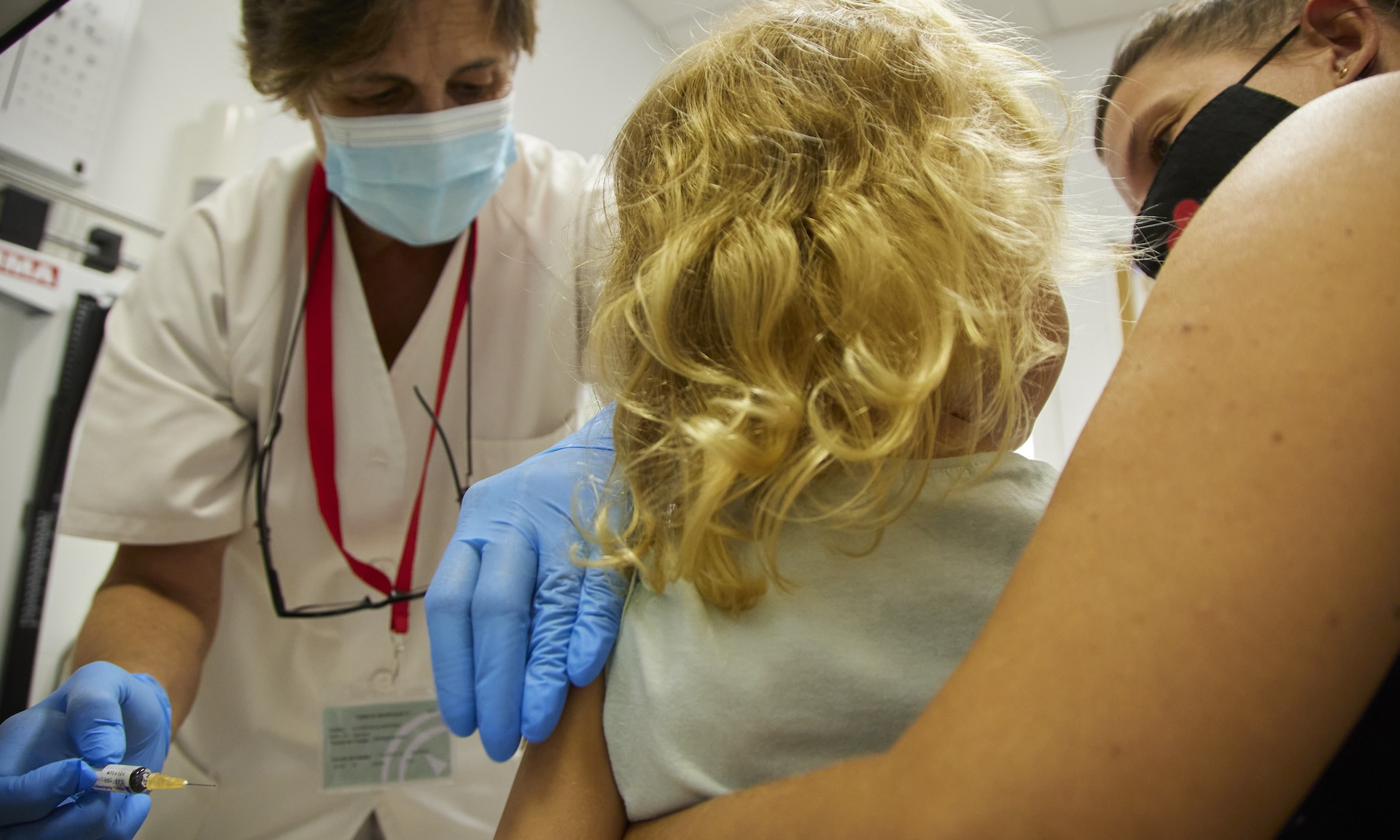Flu Vaccine May Be Safe for People with Egg Allergies
This flu season, people with egg allergies should not be worried about getting the seasonal influenza vaccine, or the H1N1 vaccine, experts say. These vaccines, which are now combined into one shot, can be safely administered to the majority of individuals with egg allergies, according to several recent studies.
However, the vaccine should be given under the supervision of an allergist or immunologist.
"The evidence shows that the time to withhold the vaccine on account of somebody's egg allergy has passed," said Dr. Matthew Greenhawt, an allergist and immunologist at the University of Michigan Health Systems. Greenhaw and his colleague Dr. James T. Li, an allergist at the Mayo Clinic in Rochester, Minn., made new recommendations this month for administering the influenza vaccine to those with egg allergies. The paper is published on the American Academy of Allergy, Asthma & Immunology website.
Egg allergies are most common in children. About 1.3 percent of U.S. children are allergic to eggs, Greenhawt said.
Flu vaccines are produced inside chicken eggs, and so there has been concern that those with egg allergies may have a reaction to a protein in the vaccine. For many decades, children and adults with egg allergies were told to never get the flu vaccine, Li said.
However, over the last 10 years or so, the vaccine has been given sporadically to those with egg allergies. Allergists would first check whether patients reacted to the vaccine when their skin was scratched with a liquid extract of the substance, a so-called skin test. If patients did have a reaction, some providers would not give the vaccine, while others would break up its administration over several doses, Li said.
In the last two years, there has been more in-depth research looking at the safety of giving the vaccine to people with egg allergies.
Get the world’s most fascinating discoveries delivered straight to your inbox.
After reviewing these studies, Greenhawt and Li found skin tests did not predict whether a person would react to the flu vaccine, and so are unnecessary.
"Most individuals with a history of egg allergy would not get a reaction even if the skin test was positive," Li told MyHealthNewsDaily. "So the skin test wasn’t really telling us any useful information."
The studies also showed that current influenza vaccines contain only trace amounts of egg protein, lower amounts than in years past. And many vaccine manufacturers now include information about their products' egg content, making it possible for providers to choose vaccines with the lowest egg content, Greenhawt said.
The researchers recommend that children and adults either receive the full dose of the influenza vaccine or receive the vaccine in two doses — 10 percent of the full dose followed by the other 90 percent. In each case, individuals should be monitored after each shot for 30 minutes, to see if they show signs of an allergic reaction.
"Most, if not all, allergy providers across the country should be able to pick an option and be comfortable in administering the vaccine," Greenhawt said.
The jury is still out on whether children and adults who have had a serve allergic reaction to egg in the past should be vaccinated. Several recent studies found that a severe egg allergic reaction in the past is not a risk factor for an allergic reaction to the flu vaccine. However, these studies were too small to generalize to the entire population. Further research needs to be conducted before a recommendation can be made for this group, Greenhawt said.

Rachael is a Live Science contributor, and was a former channel editor and senior writer for Live Science between 2010 and 2022. She has a master's degree in journalism from New York University's Science, Health and Environmental Reporting Program. She also holds a B.S. in molecular biology and an M.S. in biology from the University of California, San Diego. Her work has appeared in Scienceline, The Washington Post and Scientific American.


